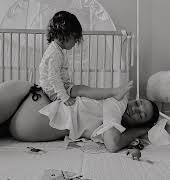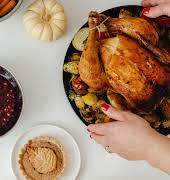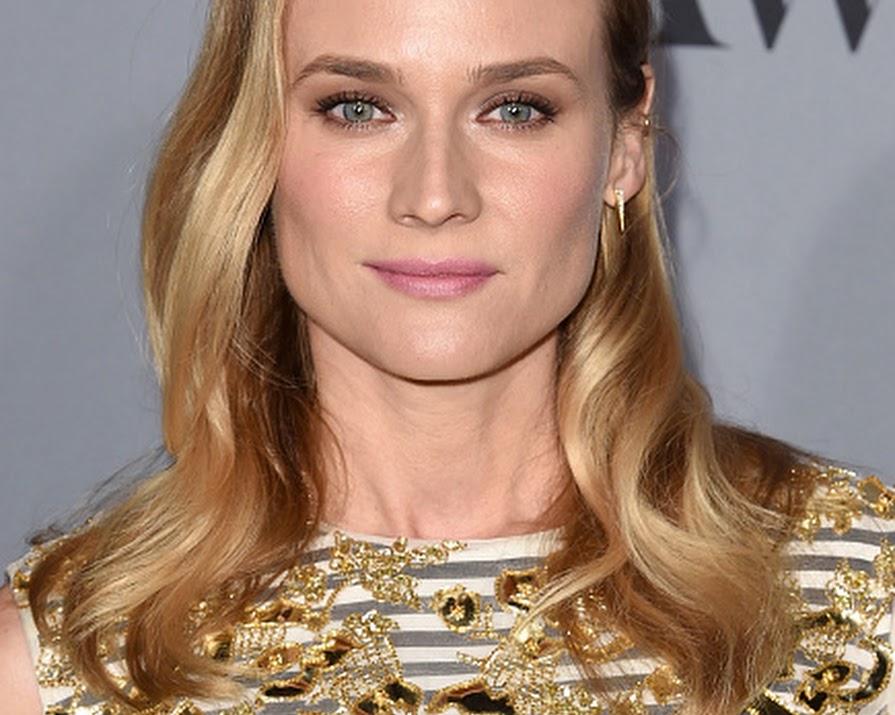
By IMAGE
18th Dec 2015
18th Dec 2015
If you’re fit and healthy, you may not need to visit the doctor regularly. However, most diseases are preventable, so early detection could be a vital life-saving precaution, writes ORLA NELIGAN.
Age, personal circumstances and family history all play a role in whether you should visit your doctor. Dr Serena Gavin of Churchtown Medical Clinic points out that ?a person in their twenties, thirties or forties who present no significant health issues or family history of illnesses doesn’t need to be seen for a health check. Once you reach 50, it’s important to consider various tests such as cardiovascular and cancer screenings.?
Gavin adds that a common misconception amongst patients is that ?getting your bloods? done will give you a full MOT without seeing a doctor. ?There are a lot of conditions and illnesses that don’t show up on certain blood tests, such as skin or lung cancer. If a person is worried enough to make an appointment to get their bloods done, their fears need to be explored and discussed by a doctor.?
Most life-threatening illnesses are preventable, and while you may be healthy, certain health checks are a necessary precaution. So, what health checks should you be getting in each decade of your life?
FERTILITY AND ANTENATAL
As your thirties is commonly the decade for family planning, many women present with fertility issues. There are simple tests that can be done to assess fertility, such as checking bloods for levels of iron, thyroid, calcium, folate and hormones. If you’re in baby-making mode, you’re likely to be attending your GP regularly for antenatal checks, which include Pap smears, blood pressure and cholesterol checks.
WEIGHT
Statistically, from 30 onwards, the average adult will gain a pound a year as metabolism slows by two to eight per cent. ?We don’t typically see cardiovascular problems or strokes in 30-year-olds,? says Dr Gavin, ?but now is the time to be proactive about behaviours that will positively impact your health. Exercising regularly, getting enough sleep, being sun smart, and quitting smoking will all stand to you.? Checking your weight and height and waist circumference to determine your BMI (body mass index) gives doctors a good indication of your future health risks.
This article originally appeared in the December issue of IMAGE Magazine.























